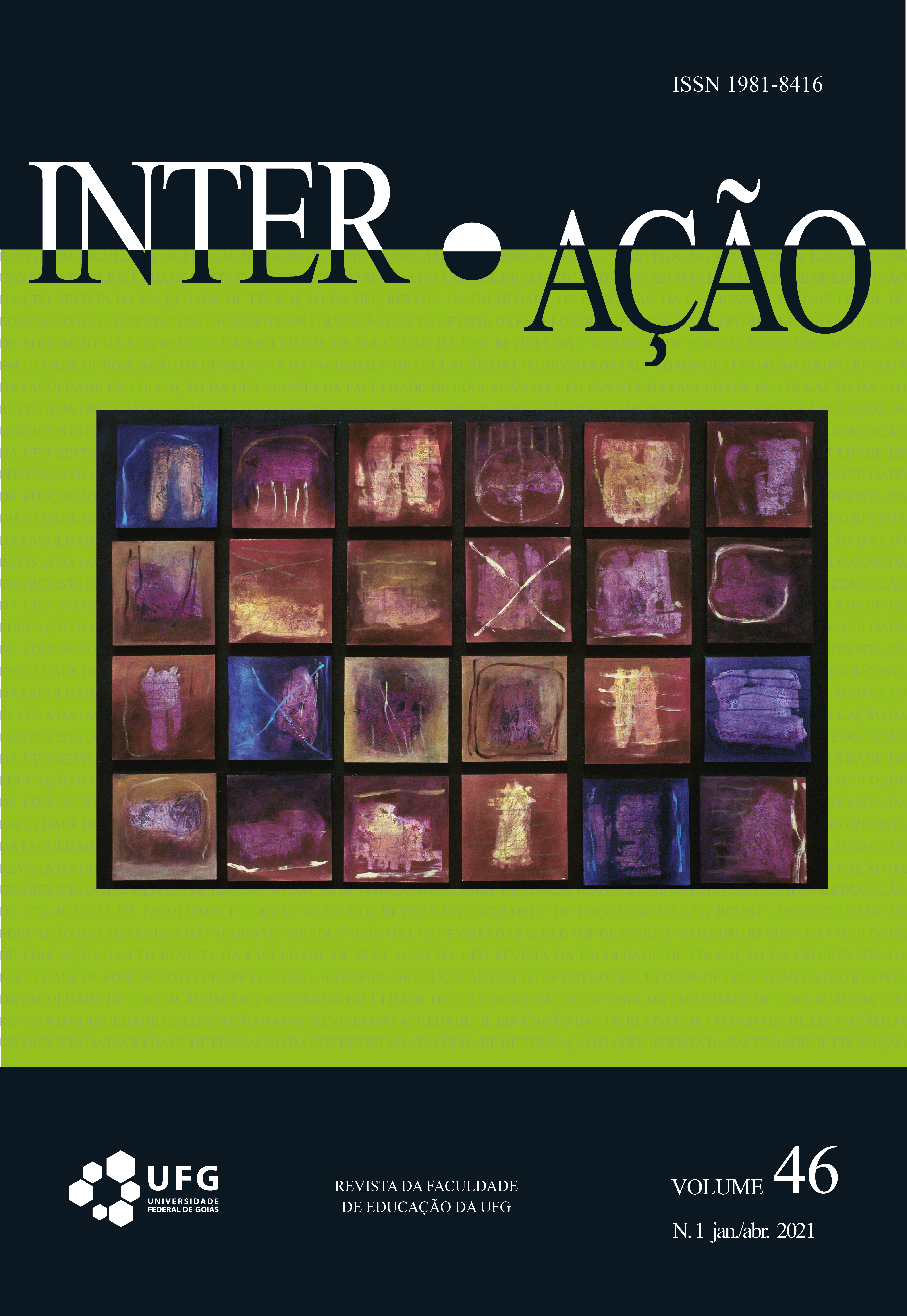CARACTERÍSTICAS DO PARFOR: UMA REVISÃO DE DISSERTAÇÕES E TESES BRASILEIRAS
DOI:
https://doi.org/10.5216/ia.v46i1.65002Abstract
A partir de levantamento realizado no Catálogo de Teses e Dissertações da
Coordenação de Aperfeiçoamento de Pessoal de Nível Superior (CAPES), com o
objetivo de analisar as características do Programa Nacional de Formação de
Professores (PARFOR), busca-se colaborar com o avanço de ações e políticas
voltadas para a formação em serviço de professores da educação básica. Trata-se
de pesquisa bibliográfica, utilizando os operadores booleanos com os descritores
PARFOR AND Pedagogia OR Anos Iniciais OR Educação Infantil. Os resultados
alcançados confirmam que o PARFOR estabelece relações com as categorias
identificadas, ampliando as possibilidades de certificação de professores no
cenário nacional, além de contribuir para análise de práticas pedagógicas. As
implicações nas práticas podem se constituir em campo de estudos futuros.
Downloads
Published
Versions
- 2026-01-06 (2)
- 2021-04-17 (1)
How to Cite
Issue
Section
License
Copyright (c) 2021 Jucenilton Alves dos Santos, Rosa Maria Moraes Anunciato

This work is licensed under a Creative Commons Attribution-NonCommercial 4.0 International License.
Inter-Ação uses the Creative Commons Attribution 4.0 License for Open Access Journals (Open Archives Initiative - OAI) as the basis for the transfer of rights. Open access means making documents available on the Internet free of charge, so that users can read, download, copy, distribute, print, search, or link to the full text of documents, process them for indexing, use them as input data for software programs, or use them for any other lawful purpose, without financial, legal, or technical barriers.
Authors publishing in this journal agree to the following conditions:
1) Authors retain copyright and grant the journal the right of first publication, with the work simultaneously licensed under the Creative Commons Attribution License, which permits redistribution of the work with attribution and first publication in this journal.
2) Authors are permitted to enter into additional, separate agreements for non-exclusive distribution of the version of the work published in this journal (e.g., for publication in an institutional repository or as a book chapter), with attribution and first publication in this journal.
3) Authors are permitted and encouraged to publish and distribute their work online (e.g. in institutional repositories or on their home page) at any time before or during the editorial process, as this may generate productive changes as well as increase the impact and citation of the published work.















